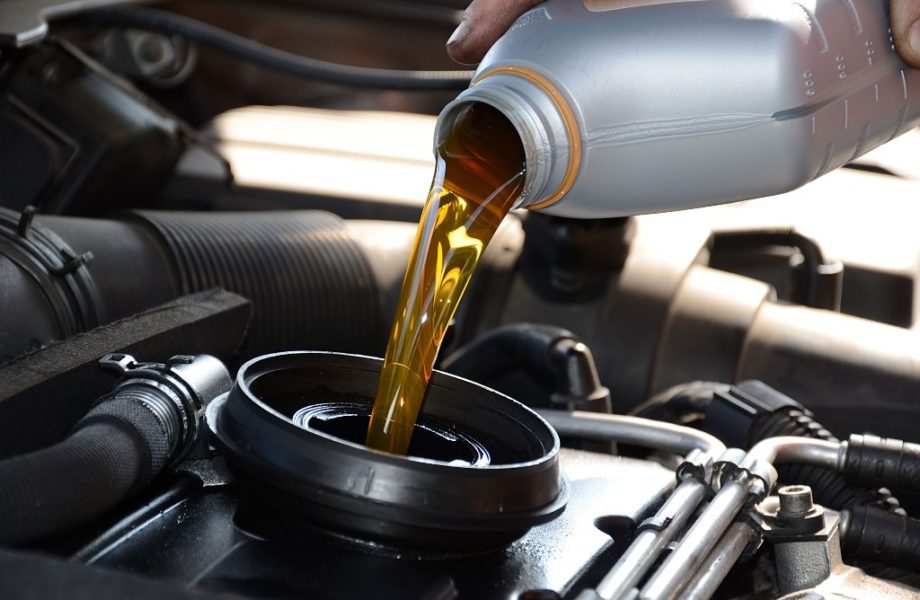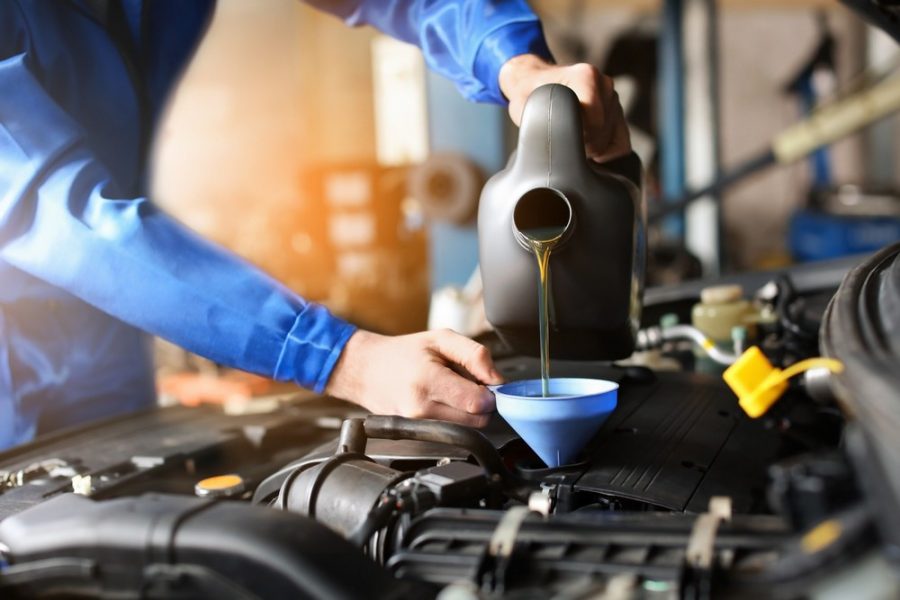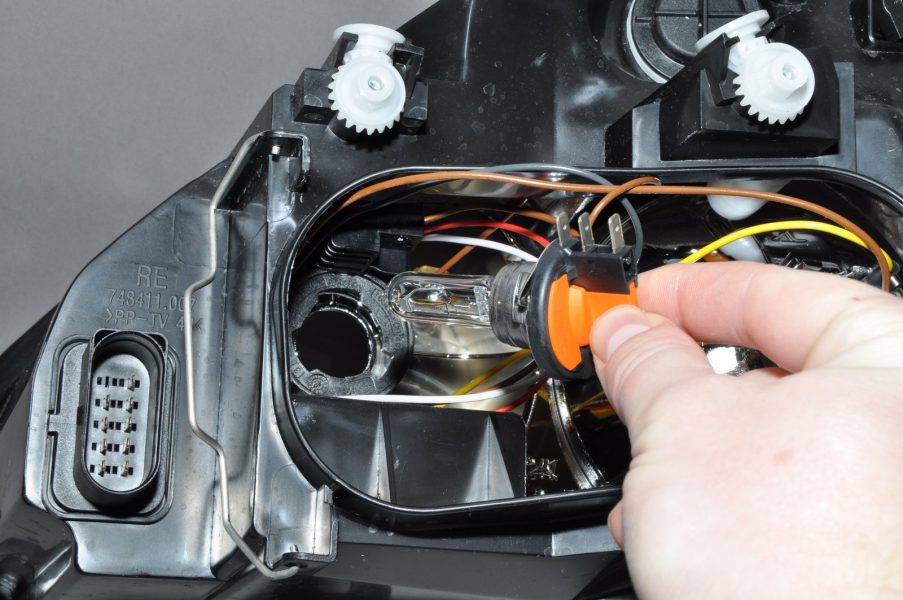
Why is my engine running out of oil?
Content
Large loss of engine oil should always be a cause for concern, especially if it occurs suddenly and is not associated with a change in driving style. Its causes are varied, but none of them should be underestimated. Ignoring increased engine oil consumption can be fatal to both your car and your wallet.
What will you learn from this post?
- Why is the engine taking up oil?
- Is engine oil consumption normal?
- What does oil consumption depend on?
Shortly speaking
If your car has always consumed a certain amount of oil, you have nothing to worry about - most likely, "this type has it." However, if this is a recent anomaly, you should check the condition of the engine (usually worn piston rings and drive seals) or turbocharger.
Does every engine consume oil?
Start with this each engine consumes a little oil. The rate of this consumption is indicated by manufacturers in the operating instructions for the car, but most often it significantly exceeds it, giving a normal 0,7–1 liter of oil per 1000 km of track. This is a way to protect against possible customer warranty claims – after all, the situation where we need to top up 10 liters of oil every 5 km is hardly typical. It is usually assumed that increased consumption occurs when the engine consumes 0,25 liters of oil per thousand kilometers.
Of course they do extremely oil-eating aggregates, for example, Citroen / Peugeot 1.8 16V or BMW 4.4 V8 - increased appetite for oil in them is the result of design flaws, so owners of cars with such engines simply have to put up with the need for more frequent refueling. Sports cars also consume more lubricant.where the clearances between individual engine components are larger than standard.
Causes of increased engine oil consumption
If your car's engine is constantly taking up oil and you are used to checking the amount of oil regularly, you probably have nothing to worry about. TO.However, any deviations in the drive should be carefully checked. – even a minor malfunction can quickly develop into a serious malfunction.

Oil consumption and driving style
First, consider if your driving style has changed lately. Maybe you move around the city more often than usual.because, for example, due to repairs you have to go around? Or maybe you started using the car only for short distances or vice versa, for long distances, but with a full load? Dynamic driving style and increased engine load they will almost always be associated with a car's increased appetite for oil.
Engine oil leaks
If you notice that your car is running out of oil, the first thing you thought of was leaks. And that's right because this is the most common cause of tooth decay... Interestingly, leaks can appear not only in old, but also in new cars, almost directly from the factory. This is a very rare phenomenon called Glazing... This happens when the afterburner engine is running too lightly, which causes the cylinder to polish and then the oil enters the combustion chamber.
However, in the vast majority of cases, leaks are a problem for high-mileage vehicles. Most of the time, oil comes out through leaking piston rings. Usually this fault is easy to detect - just measure the pressure in the cylinders, then add about 10 ml of oil and measure again. If the second value is significantly higher, the piston rings must be replaced. In some cases, for example, in the well-known to all mechanics Volkswagen 1.8 and 2.0 TSI engines of the first years of production, problems with pistons are caused by a design flaw.
There are also reasons for the increased oil consumption. fragile, worn seals: oil drain plug gasket, valve cover gasket, crankshaft boiling, oil pan gasket or, as is notorious among drivers, cylinder head gasket.
Turbocharger leak
However, the engine is not always the source of an oil leak. It may happen that a leak occurs in the turbocharger. - this happens when worn intake seals enter the intake manifold. This is an extremely dangerous malfunction of diesel engines. Motor oil can be burned in the engine just like diesel fuel. This is when a phenomenon known as engine dissipation occurs. - lubricant enters the combustion chamber as an additional dose of fuel, so the car jumps at higher speeds. This causes increased operation of the turbocharger, which supplies subsequent portions of oil. A self-winding mechanism is being created, which is extremely dangerous and dangerous - most often it ends with the destruction of the crank system or engine jamming.
A sign of engine oil burning is blue smokewhat comes out of the breath. If you notice this, react quickly - running away is a phenomenon that you would not want to experience. You can read more about it in our post.
A sudden leak of engine oil is almost always a sign of a problem. Some drivers try to delay costly engine overhauls by switching to a higher viscosity lubricant that drains more slowly. However, we strongly advise against using this "trick" - the oil must be 100% adapted to the engine design, so use only the measures recommended by the car manufacturer. Experimenting with different types of lubricants on your own never ends well.
If you want to take care of your car, visit avtotachki.com car shop - we have auto parts, engine oils and accessories to help you keep your four wheels in top condition.

